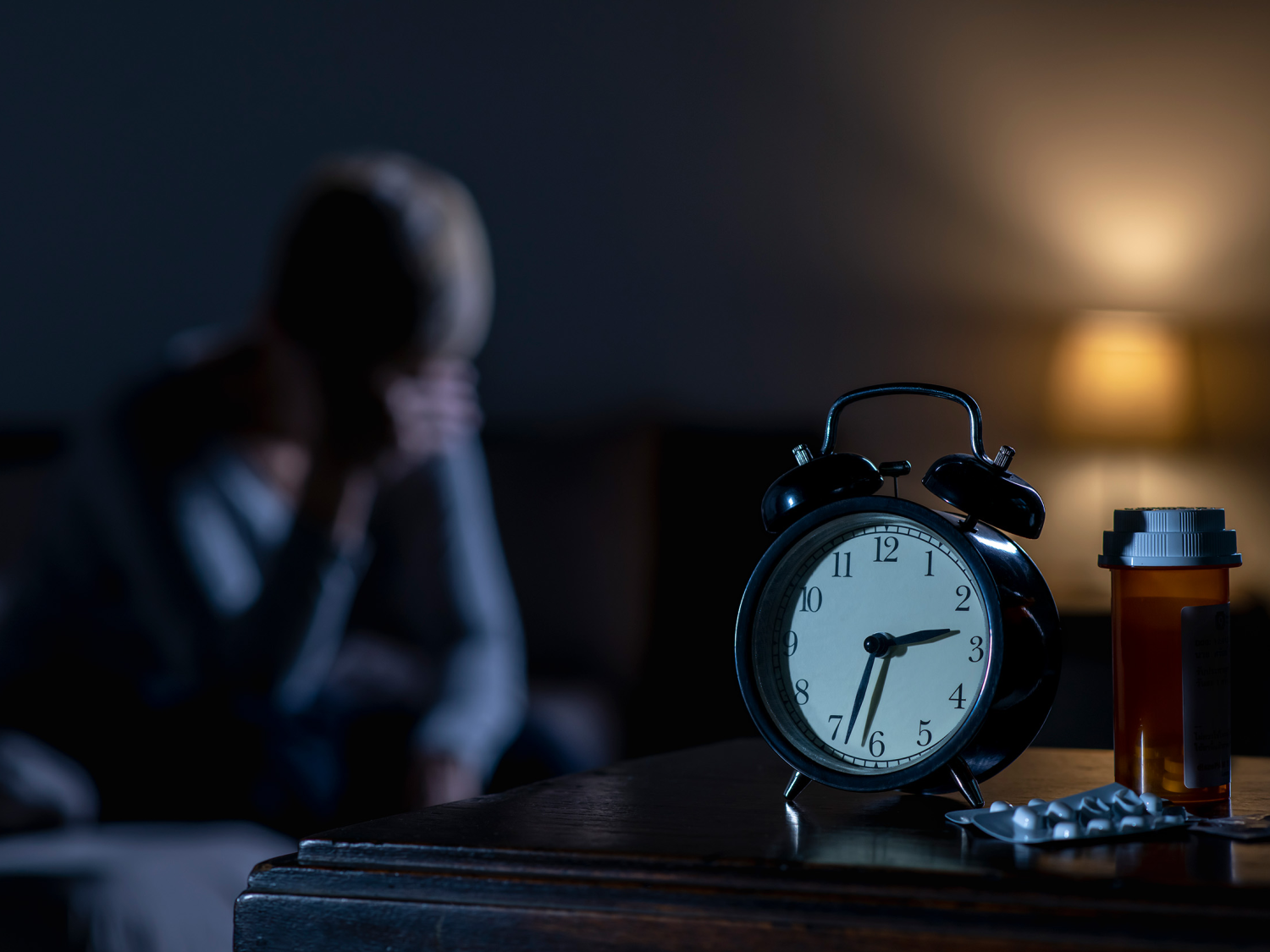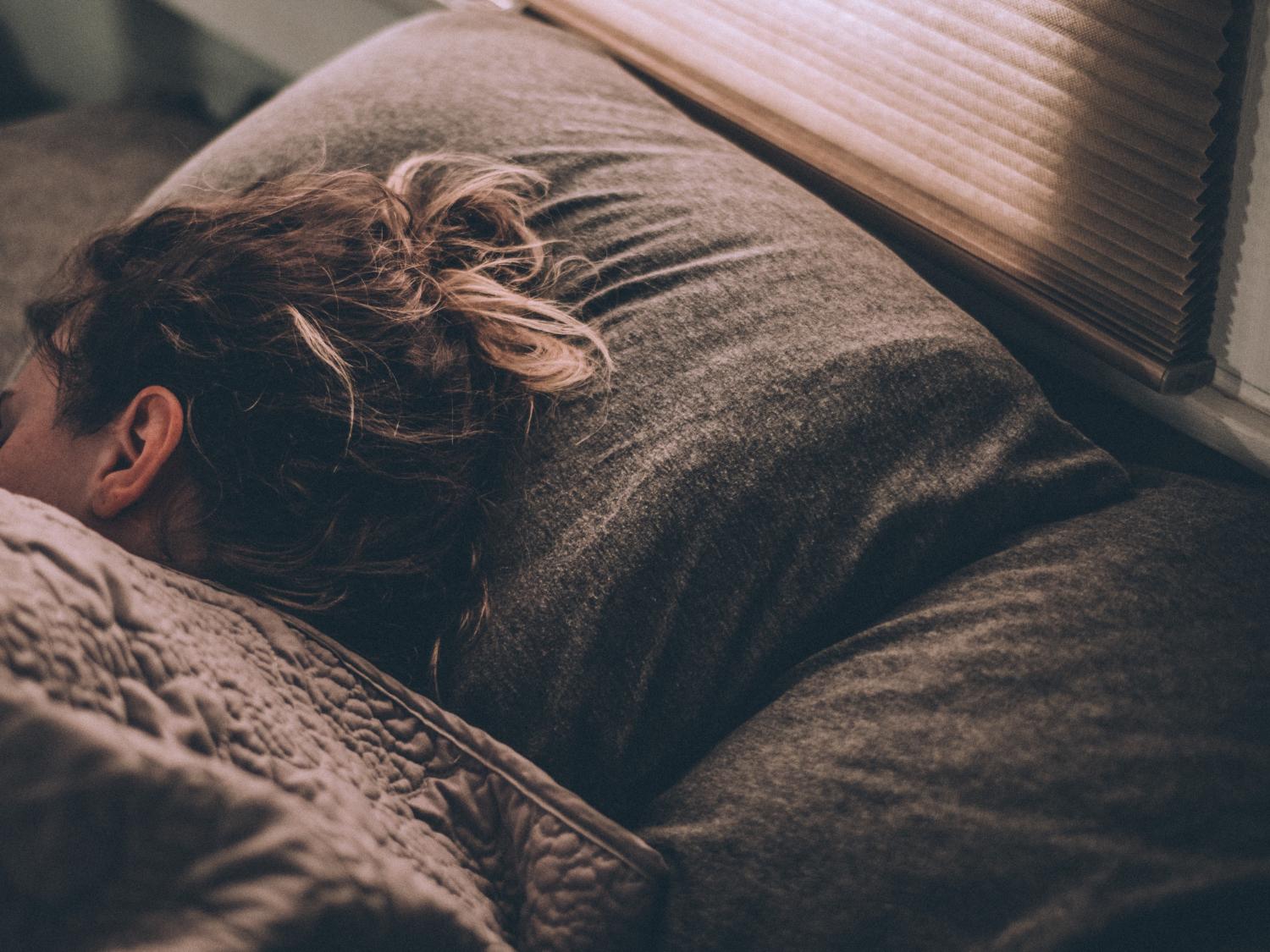SSRI Welcomes New Associate Director
The Social Science Research Institute (SSRI) at Penn State announces the addition of a new associate director, Orfeu M. Buxton. Buxton is a professor of biobehavioral health in the College of Health and Human Development. He is also a cofunded faculty member of SSRI. His research primarily…
Insomnia and sleep medication use connected to disability in older adults
Insomnia is a significant health and quality of life concern for older adults, with up to half of all adults over the age of 65 experiencing insomnia symptoms. In a new study, researchers in the Penn State College of Health and Human Development and at Taipei Medical University analyzed five years…
Feb. 5 lecture to discuss how sleep health affects daily life, long-term health
Orfeu Buxton, Elizabeth Susman Professor of Biobehavioral Health at Penn State, will present the 2025 Pattishall Research Lecture, “Sleep Health Across the Life Span.” The lecture, sponsored by the College of Health and Human Development, will be presented on Wednesday, Feb. 5, at 3 p.m. in the…
Consistent bedtime linked with better child emotion and behavior regulation
Sleep can affect a child’s attitude and behavior, as many parents can attest, but a consistent bedtime may be more influential than sleep quality or duration, according to a new publication authored by researchers in the Penn State College of Health and Human Development and Penn State College of…
Less sleep and later bedtime in childhood linked to future substance use
A good night’s sleep is essential for children’s health and development, but childhood sleep patterns may also be linked to future substance use. A new study, led by a team of Penn State researchers, found that adolescents were more likely to have consumed alcohol or tried marijuana by age 15 if…
Researchers identify distinct sleep types and their impact on long-term health
Poor sleep habits are strongly associated with long-term chronic health conditions, according to decades of research. To better understand this relationship, a team led by researchers in Penn State’s College of Health and Human Development identified four distinct patterns that characterize how…
Workplace flexibility associated with lower risk of cardiovascular disease
Workplaces have implemented changes since the COVID pandemic began almost four years ago. Some give employees more flexibility in hours and tasks. A new study that Penn State took part in, finds the risk of heart disease was reduced for some workers who were offered more flexibility. Orfeu Buxton,…
Interactive screen use reduces sleep time in kids, researchers find
While screen time is generally known to affect sleep, new research suggests that interactive engagement, such as texting friends or playing video games, delays and reduces the time spent asleep to a greater extent than passive screen time, like watching television — especially for teens. The…
Playing catch-up on weekends may not improve cardiovascular cost of sleep loss
Whether it’s work or play that prevents us from getting enough shut-eye during the week, assuming we can make up for it by sleeping in over the weekend is a mistake. New research led by Penn State reveals that cardiovascular health measures, including heart rate and blood pressure, worsen over the…
News Topics: SleepHealth Care








